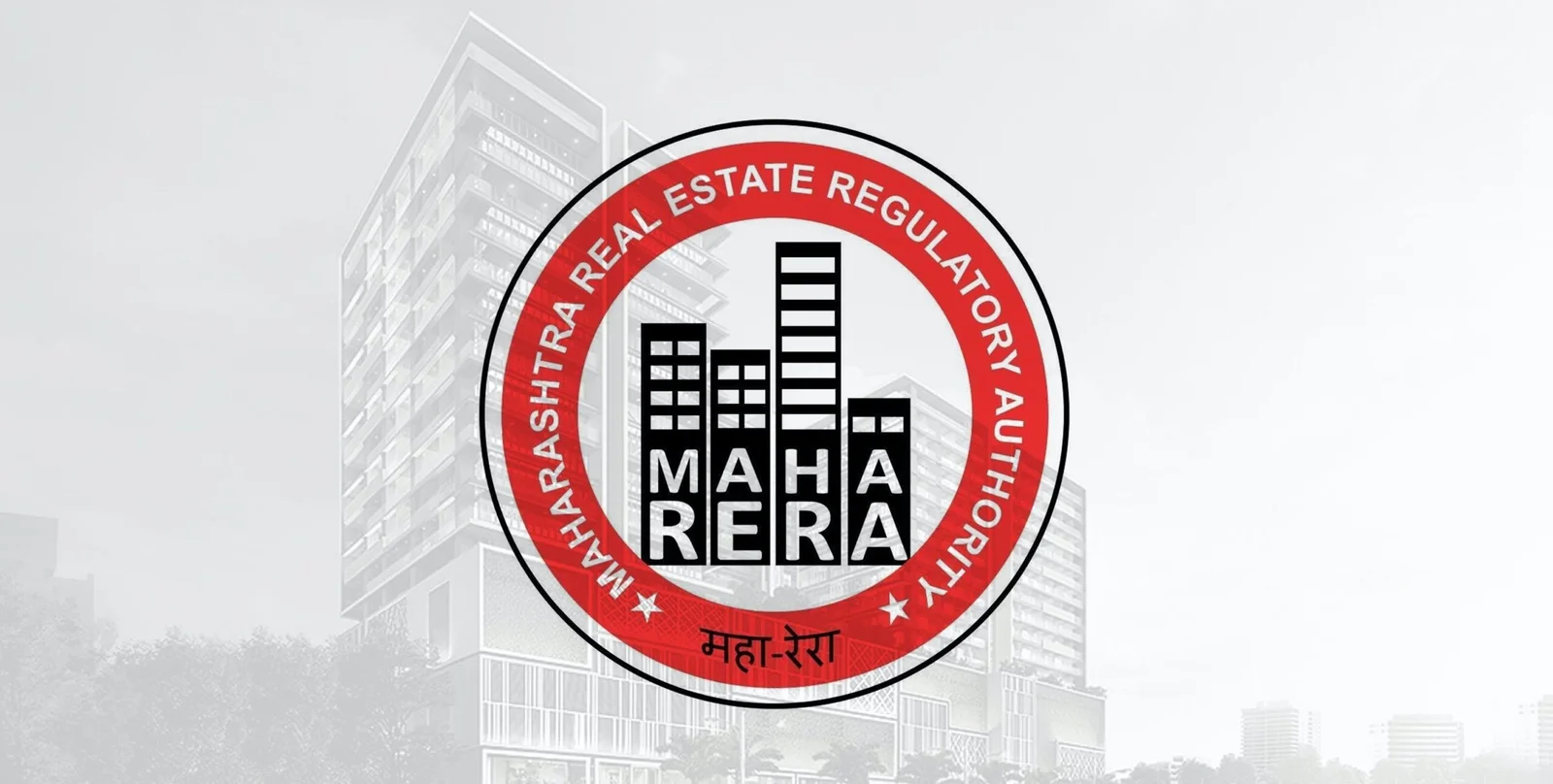
Impact of MahaRERA in Real Estate?
The introduction of the Maharashtra Real Estate Regulatory Authority (MahaRERA) has been one of the most transformative developments in India’s real estate sector. Enacted under the Real Estate (Regulation and Development) Act, 2016, MahaRERA aims to address the issues of delayed possession, lack of transparency, and fraudulent practices that plagued the industry for decades.
In this comprehensive blog, we’ll delve into the impact of MahaRERA from both a customer and a builder perspective. We’ll discuss its advantages, disadvantages, and long-term implications for the real estate ecosystem, supported by in-depth analysis and source-backed data.
Understanding MahaRERA: A Game-Changer in Real Estate
MahaRERA governs all real estate transactions in Maharashtra. It requires developers to:
- Register projects under strict guidelines.
- Provide detailed project disclosures, including land ownership, project timelines, and financial health.
- Ensure compliance with delivery schedules.
- Establish mechanisms for fast-track dispute resolution.
By holding developers accountable, MahaRERA has instilled a sense of trust among homebuyers, reshaping the dynamics of the sector.
Key Provisions of MahaRERA
Mandatory Project Registration:
Developers must register projects exceeding 500 sq. meters or having more than eight units.Source: MahaRERA Official Website
Escrow Account for Funds:
Developers must deposit 70% of project funds into an escrow account to prevent misuse.Transparency in Advertising:
All marketing materials must match the details registered with MahaRERA.Penalties for Non-Compliance:
Heavy fines or imprisonment for builders violating regulations.Buyer-Friendly Policies:
Buyers can check project details, file complaints, and track progress via MahaRERA’s online portal.
Advantages of MahaRERA
For Customers
Empowered Buyers with Transparency:
Before MahaRERA, buyers relied on verbal assurances from developers, often leading to miscommunication. MahaRERA ensures buyers have access to critical project details, including:- Project completion timelines.
- Legal clearances.
- Financial disclosures.
This transparency has reduced fraudulent activities and strengthened buyer confidence.
Safeguard Against Delays:
MahaRERA imposes strict penalties on developers for project delays, ensuring buyers receive timely possession.Fast-Track Grievance Resolution:
Buyers can file complaints against developers, and MahaRERA typically resolves these within 60 days. This mechanism has made the dispute resolution process more efficient.Prevention of Fund Diversion:
The escrow account requirement ensures that funds collected for a specific project are used only for its construction and development.Standardized Agreements:
Developers must use MahaRERA-compliant agreements that are fair and free of exploitative clauses.
Source: Livemint on MahaRERA Benefits
For Builders
Market Credibility:
Builders complying with MahaRERA guidelines enjoy enhanced credibility. Their projects are trusted by buyers, investors, and financial institutions alike.Organized Market:
MahaRERA has helped eliminate unethical practices, creating a more structured and fair real estate market.Focus on Long-Term Reputation:
Developers are incentivized to focus on quality and timely delivery to build a strong reputation.Access to Better Financing Options:
Financial institutions are more willing to support MahaRERA-compliant projects, giving developers easier access to funds.Encouragement for Large-Scale Developments:
MahaRERA’s framework encourages builders to undertake larger projects as long as they follow the rules.
Disadvantages of MahaRERA
For Customers
Awareness Gap:
Despite its benefits, many buyers are unaware of their rights under MahaRERA, limiting its reach.Limited Applicability:
MahaRERA governs only new and ongoing projects. Resale markets and older properties remain outside its purview.Complex Complaint Processes:
While MahaRERA resolves cases efficiently, navigating the complaint filing process can still be challenging for first-time buyers.Increased Property Costs:
Developers often pass compliance-related costs onto buyers, leading to higher property prices.
Source: DNA India
For Builders
High Compliance Costs:
Smaller developers face significant challenges in meeting MahaRERA’s financial and regulatory requirements, such as maintaining escrow accounts.Rigid Deadlines:
Developers face penalties for delays even when caused by factors beyond their control, such as government approval delays or supply chain issues.Reduced Profit Margins:
Increased costs due to compliance and penalties have squeezed profit margins, especially for small and mid-sized developers.Administrative Burden:
Registering projects, maintaining transparency, and adhering to regulations increase operational complexities for builders.
Source: The Hindu BusinessLine
Future of MahaRERA in Real Estate
For Buyers
- Wider Awareness Campaigns:
Educating buyers about MahaRERA’s provisions will empower more consumers to make informed decisions. - Inclusion of Resale and Rental Markets:
Expanding MahaRERA’s scope to cover secondary markets could further enhance transparency.
For Developers
- Simplified Compliance Processes:
Digital tools can reduce the administrative burden, especially for smaller developers. - Partnerships with Government:
Collaboration on infrastructure projects can amplify MahaRERA’s impact on housing affordability.
For the Real Estate Ecosystem
MahaRERA is setting the stage for a nationwide reform in the real estate sector, serving as a model for other states to adopt similar frameworks.
Source: Economic Times
Conclusion
MahaRERA has emerged as a transformative force in Maharashtra’s real estate sector. It has instilled transparency, accountability, and fairness, benefiting both buyers and developers. However, challenges such as high compliance costs, limited awareness, and rigid regulations remain areas for improvement.
As MahaRERA continues to evolve, it promises to create a more secure, efficient, and reliable real estate market, setting a benchmark for the rest of India.


